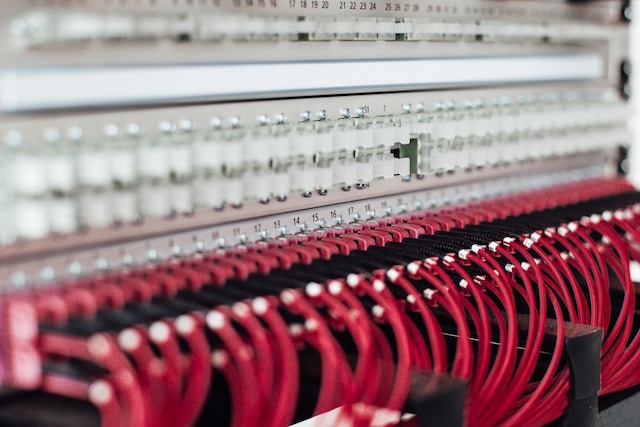The Biden Administration announced a significant internet access extension of 12,000 miles (approximately 19,300 kilometers) in 35 states and Puerto Rico. The grants of $930 million will connect remote areas in Alaska and Texas, as well as other areas that have internet connectivity gaps.
The grants were announced by the Department of Commerce, and are called middle-mile grants. Commerce Assistant Secretary Alan Davidson said “The Middle Mile program is a force multiplier in our efforts to connect everyone in America,”, adding that “These grants will help build the foundation of networks that will in turn connect every home in the country to affordable, reliable, high-speed Internet service.”
The network will include high-capacity fiber lines that can carry large amounts of data at high speeds. The grants are allocated to state government agencies, and tribal governments, in addition to telephone and electric cooperatives. A telecommunications company from Alaska was awarded a grant of $89 million for developing a fiber network in a remote area of the state where basic internet access is not available for 55% of the people.
As said by the White House’s infrastructure coordinator, Mitch Landrieu, “These networks are the workhorses carrying large amounts of data over very long distances,”, adding that “They’re the ones that are bridging the gap between the larger networks and the last mile connections, from tribal lands to underserved rural and remote areas to essential institutions like hospitals, schools, libraries and major businesses.”
Those who received the middle mile grants have a period of up to five years for project completion, with an optional addition of one year under some conditions. Funds can also be used for improving existing infrastructure or covering costs for new equipment. The Bipartisan Infrastructure Law from November 2021 includes a total of $65 billion in investment toward affordable and reliable high-speed internet access across the U.S.







